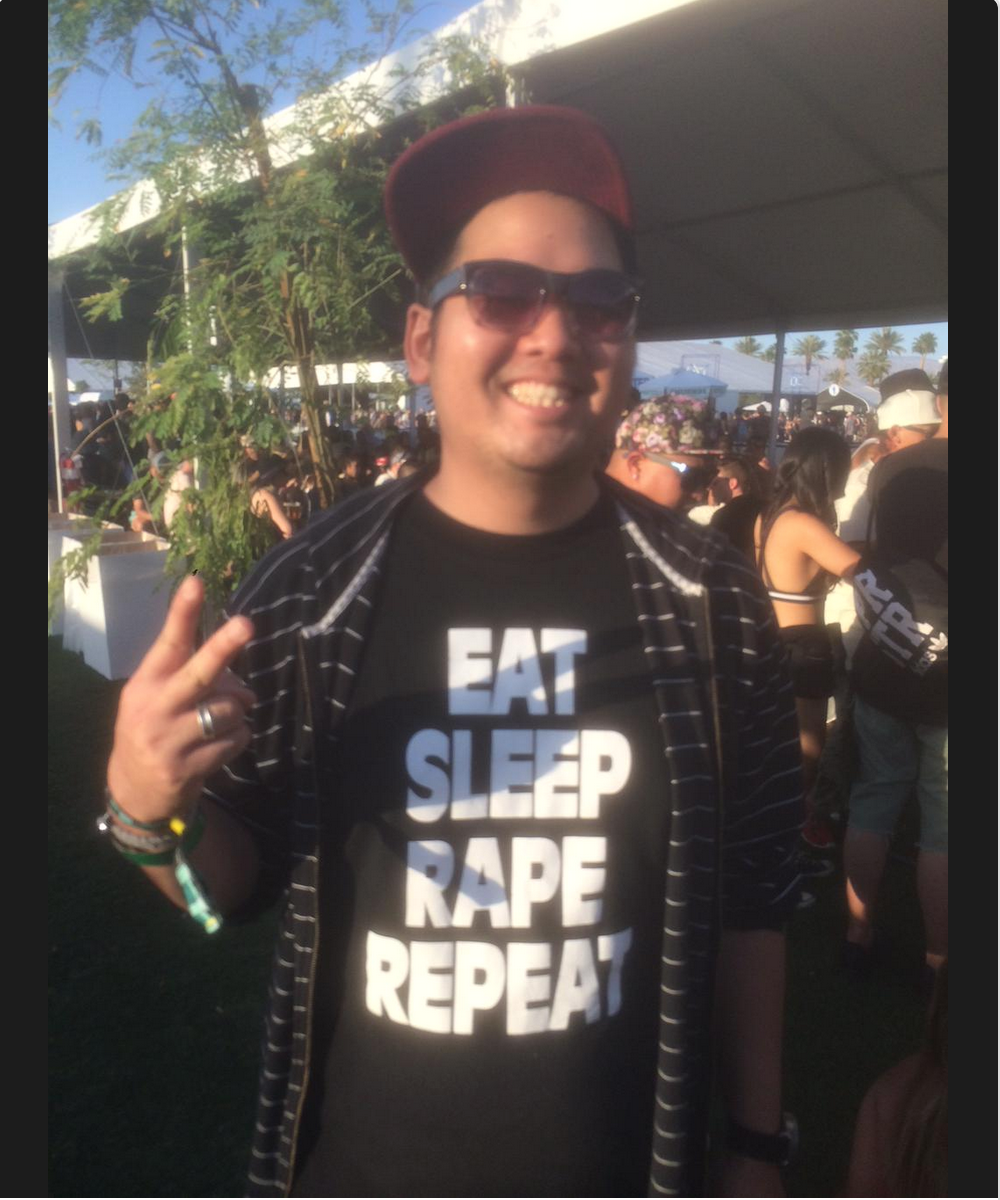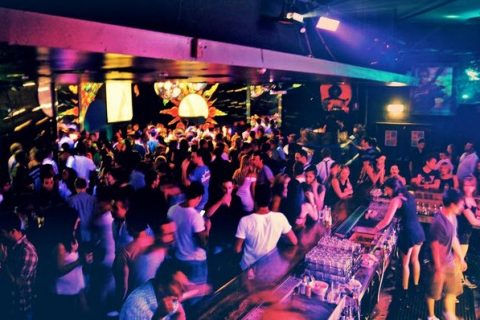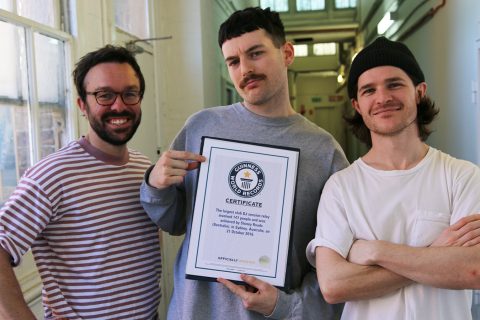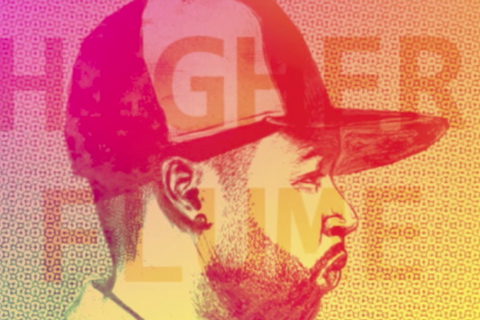(Trigger warning: This article discusses and recounts events of sexual assault.)
I started working in and going to nightclubs when I turned 18. Fuelled by a desire to listen to cool tunes and generally be a party person I jumped into a job at Kings Cross as soon as the law would permit me a can of VB. Although it was generally a supportive place to work it seems that little could have protected me from an incident that occurred two weeks into my employment. On a busy Friday night, I was out picking up glasses on the club floor when a male patron roughly shoved his hand down my pants. As I dropped the glasses, he let me know that he’d ‘get’ me if I ever told anyone. He ‘knew people in the Cross’. I went back to the bar and he went and chatted to his friend who was DJing.
It goes without saying that I’m not alone in this kind of experience. For some, there is a price to pay for being in social music spaces. Over the following years my friends and I have pushed random people off each other at events, strategically danced around the club to avoid creepers and (my oh my!) if we had a dollar for every crotch pressed up against us in a music festival mosh we’d be able to fly first class to Splendour this year. When I asked a friend what her worst experience was, she sighed and replied, ‘I was literally bitten and scratched on the face because I didn’t want to go home with a guy from a club’.
Da. Fuk.

My inquisition into these events comes in the wake of reports and discussions of sexual harassment swarming newsfeeds this week. Events such as the current Luke Lazarus nightclub rape case and the wearing (AND PRODUCTION OF) a t-shirt reading ‘Eat, Sleep, Rape, Repeat’ at Coachella have put the fire in my belly. But positive articles and discussion from music media Mixmag and Thump urged us to think about the issue of sexual harassment closer to home.
Where do we stand here in Australia? With our global representation of ‘laid back vibes’, and our bordering-on-bogan approach to pretty much everything – how are we thinking about this issue?
After sifting through Stoney articles and similar Australian youth media – there’s a black hole when it comes to talking about sexual harassment in the music scene. We’re big on fuming over ‘king-hit’ crimes, we’re relatively outraged when we talk about a threat to our drug culture and we’re fucking furious if someone tries to shut down our clubs and bottle shops after a certain time (*forehead. vein. expanding*). Our right to party is aggressively defended, yet anger about our right to be safe from sexual assault when we do? The noise stops.
With so little attention given to the basic right to personal space we’re wondering where our community’s priorities lie and why?
There seems like no better place to start than the current sexual assault case flying over the face-waves, that involving the assault perpetrated by Luke Lazarus, the son of a Sydney nightclub owner. In May 2013, Lazarus anally raped an 18-year-old female in the alley behind his father’s nightclub, SoHo in Kings Cross. After telling her he was taking her to a ‘VIP’ area (which later turned out to be the club’s back entrance), she asked to return inside. Lazarus assaulted the woman – then made her enter her name under a list of ‘conquests’ in his phone. Ladies and gentleman, Exhibit A; human scum.
Lazarus cried in court after being sentenced to a mere three years in jail. Whilst on trial his character witnesses included such high profile members of the community as the mayor of Sydney suburb Waverly, the Honorary Consulate-General of Greece in Brisbane, the Chairman of the South Sydney Rabbitohs football club and, maybe most troubling, the Parish Priest of a Sydney Orthodox Church who is quoted as saying, “The possibility of imprisonment is completely undeserved for this promising young man.” The days following the ruling saw a prominent outcry on social media against the VICTIM of the crime – with some individuals going so far as to start a #teamLL (Team Luke Lazarus) hashtag.
…yep.

An unusual occurrence? Hardly. A modern history of court-heard assaults is enough to sober any partygoer. Take a look at the Corben case, in which a young designer was raped in Sydney’s Ivy nightclub bathrooms. The Perth incident (can we even call it an incident?) in which a cop [A COP] violated a young woman in the middle of a city dance floor. The St Kilda music festival that saw a young woman ejaculated on by a man behind her in the mosh pit. The young woman told The Age “I’m pretty happy that it wasn’t worse”.
It’s a depressing thing – we’re thankful it’s not worse because so many of us are used to treatment that is so substandard. I mean this girl had, without her consent, in a public space, A RANDOM DUDE EJACULATE ON HER BACK. If we’re thinking about this as ‘bad, but lucky’ at a music event, we’re setting our standards of acceptability way too fucking low.
The violence that so many individuals experience is scarily forced into the realm of the ‘everyday’, an expected part of ‘clubbing’ culture that needs to be laughed off by victims. We can assume that the idea that crimes are illegitimate is the reason that less than one in five of assaulted individuals reports sexual assault and harassment. Although statistics for the current year in Australia are not yet attainable 2013 saw the highest amount of reported sexual assaults (in all areas) in four years. The dominant group who had suffered these assaults (63%) were women under the age of 20 years. Australia statistically has the third highest rate of reported sexual violence in the world, and a chunk of it is happening with people we know, in the places we party.
In the UK, changes are starting to be made. Partying institutions are starting to develop harassment procedures and campaigns. The Good Night Out campaign, implemented in clubs such as Fabric, is a great example. Urging staff at licensed venues to work with witnesses and victims of harassment – it aims to end harassment in the music scene and shine the light back on carefree partying.
We have a lucky country, but with this issue we’re thinking in the dark. We have high expectations of our musical scene and amazing electronic talent despite our geographical isolation but our expectations of our party culture is failing a big ol’ chunk of those who are involved. Guys, girls and everything in between – a whole lot of us are being let down by low social standards. There should be no price to pay for enjoying a good fucking party jam, music should create a safe space where we are all free to move.
It’s up to us to make our system part of the solution. As individuals of all genders we can be aware and offer our support to those who are experiencing harassment. If you see someone experiencing ‘any unwanted or unwelcome sexual behaviour’ that may be making them feel ‘offended, humiliated or intimidated’ you have the power to step in and say something.
You don’t have to stand by.
Use the #freetomove hashtag to contribute to the conversation – and stay with Stoney Roads to see us uncover this issue more. In the coming weeks we’ll be talking to nightclub owners from around the country on their support of #freetomove party zones and talking more about how we can create safer spaces for all music lovers.
Follow Izzy on Twitter @Izzy_Combs





Comments